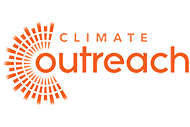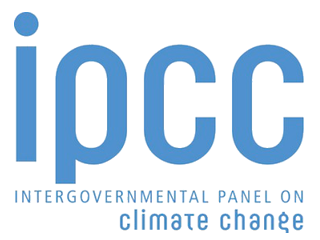
Climate Chapter
Coincident with the United Nations 26th climate change Conference of the Parties (COP26) in 2021, we created the IPRA climate change chapter.
IPRA thematic chapters are a way of bringing members together to focus on an issue of global interest and adding value to that issue by exploring the relevant communication aspects.
Objectives
- To further knowledge and expertise among IPRA members, enabling them to play a valuable part in furthering communications aspects of climate change in line with UN sustainable development goal 13.
- To facilitate dialogue and best-practice exchange between IPRA members on communications aspects of climate change.
- To create communication materials for IPRA members and non-members on communications aspects of climate change.
- To promote entries to the Golden World Awards Climate Change category.
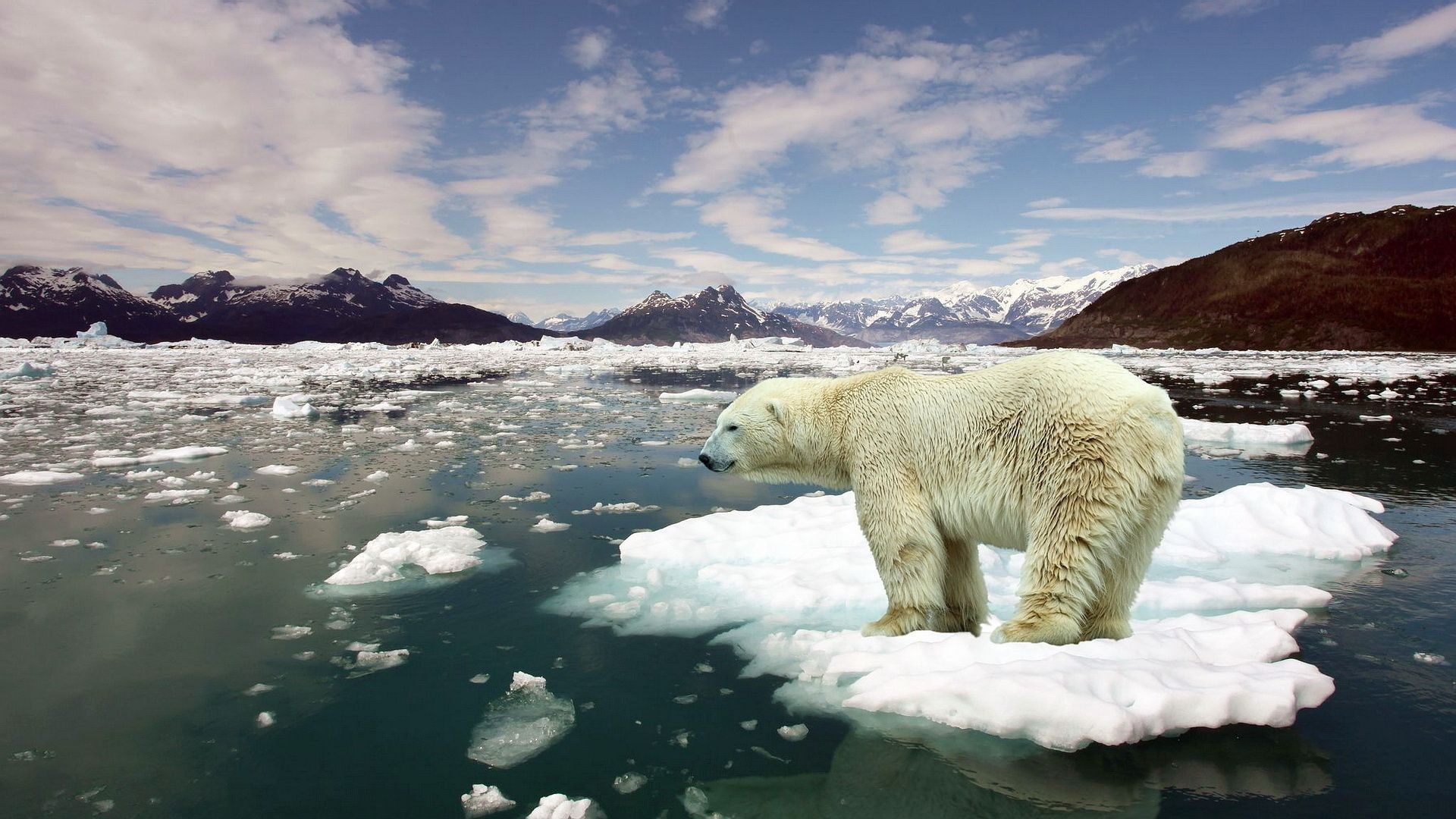
For information on how to participate please contact the IPRA Secretariat using our contact form here.
Resources
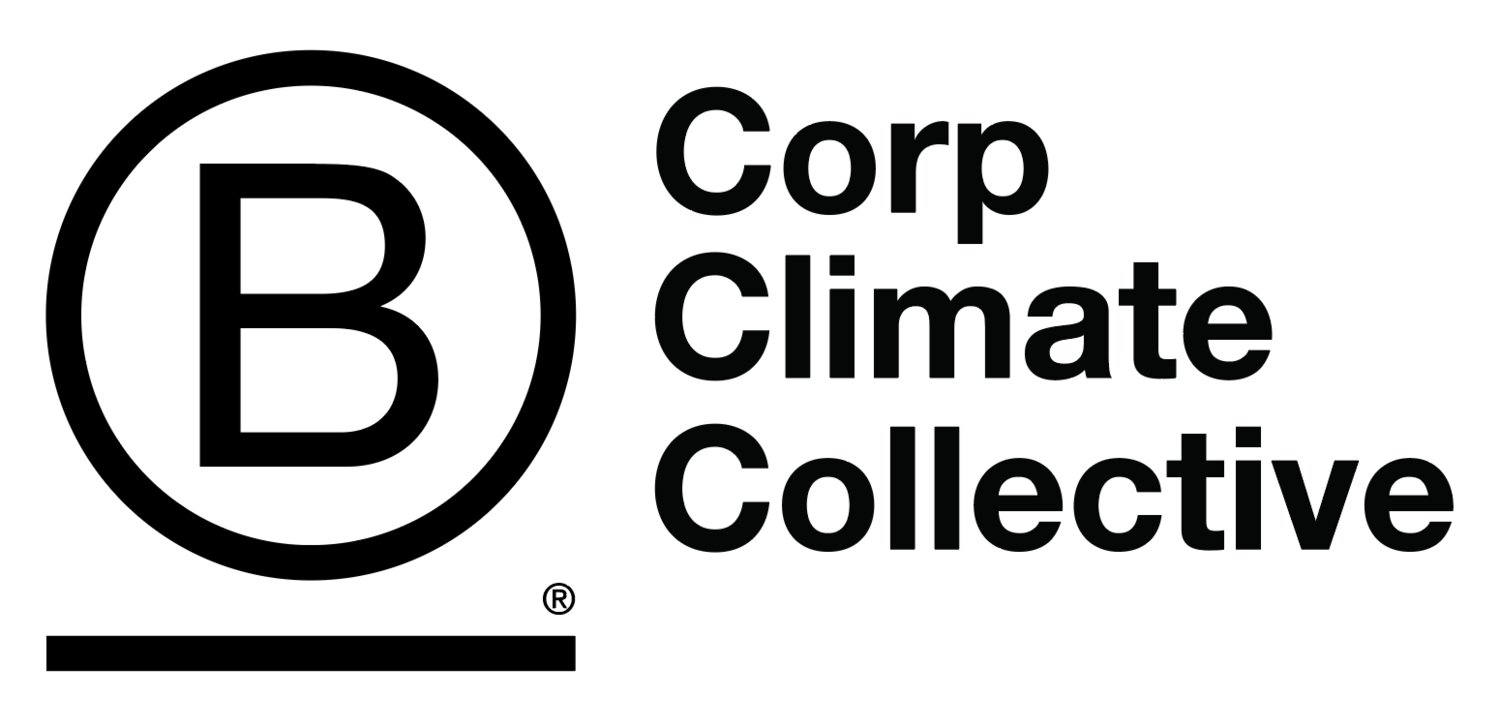 |
B Climate tools base | Tools toward achieving net zero emissions by 2030 taking a human-centric approach. |
 |
Climate Change Knowledge Portal | The portal provides global data on historical and future climate, vulnerabilities, and impacts. |
| The Climate and Development Knowledge Network | The CDKN works to enhance the quality of life for those most vulnerable to climate change. We support decision-makers to design and deliver climate compatible development. | |
 |
Climate Impact Explorer | This tool shows how the severity of climate change will increase over time at different levels of warming, starting with 1.5°C |
| Climate Outreach IPCC handbook | Principles for effective public engagement on climate change. | |
| Global Opportunities for Sustainable Development Goals |
GO4SDGs aims to accelerate regional solutions for sustainable consumption and production by sharing best practices and offering science-based policy tools. It supports governments and SMEs to increase capacities and access finance. |
|
 |
Green Growth Knowledge Partnership |
The GGKP is a global community of policy, business, and finance professionals and organisations committed to collaboratively generating, managing, and sharing knowledge on the transition to an inclusive green economy. |
| The Intergovernmental Panel on Climate Change | Created in 1988 by the World Meteorological Organization and UNEP, IPCC provides governments with scientific information that they can use to develop climate policies. | |
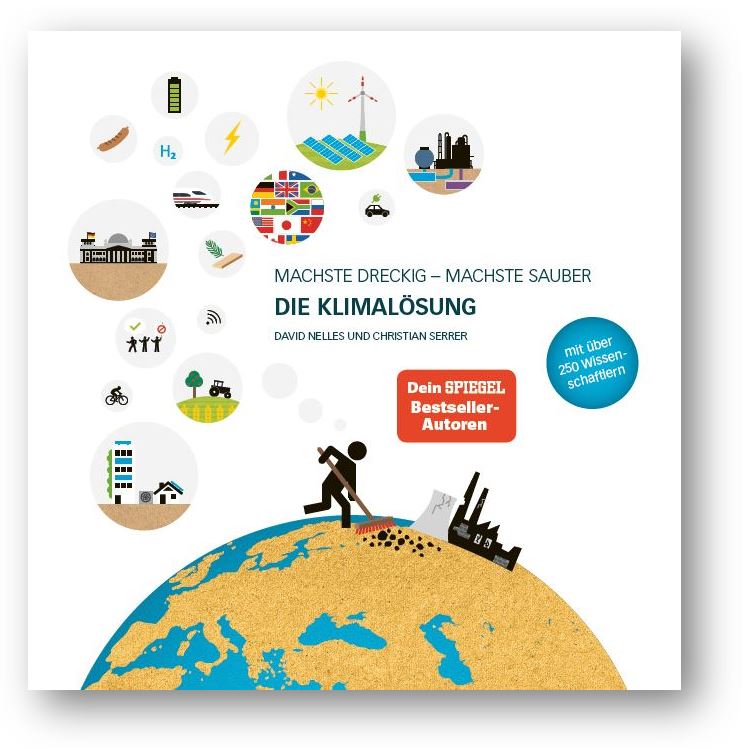 |
Die KlimaFabrik |
These books (in German) show the large number of concrete measures with which we can manage to limit global warming to below 2°C in an understandable way and with numerous graphics.
And in English from Amazon. |
| United Nations Environment Programme | Since its inception in 1972, UNEP has been the global authority that sets the environmental agenda, promotes the coherent implementation of the environmental dimension of sustainable development within the UN system and serves as an authoritative advocate for the global environment. | |
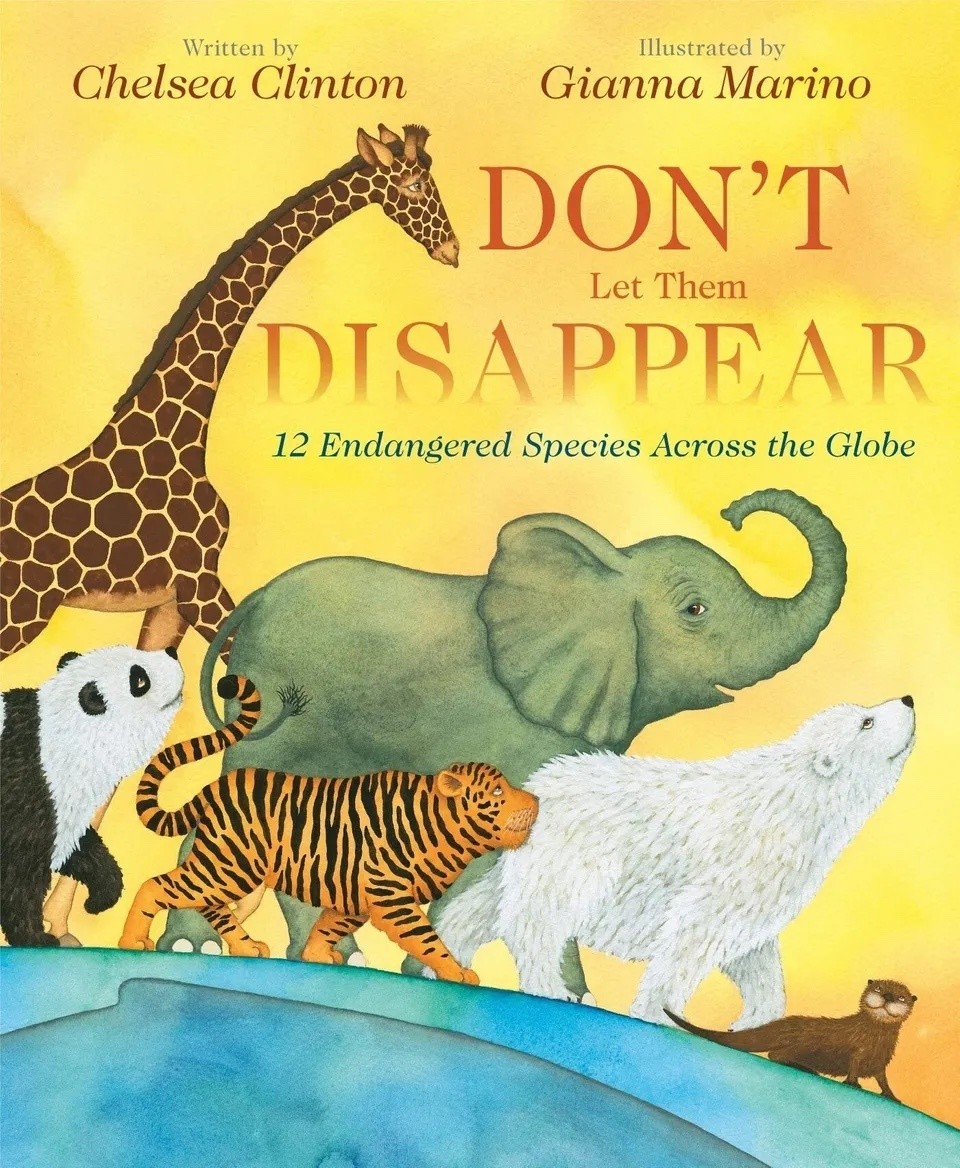 |
Books for children | 10 children's books on climate change recommended by the World Economic Forum |
Latest Ipra ITL:

ITL #651 Teaching public relations: young PR pros must inspire for good as they aspire for success

ITL #650 LinkedIn: why it’s non-negotiable for CEOs

ITL #649 Industry, HE and next gen communicators: deeper, more deliberate collaboration

ITL #648 When headlines lie, trust dies: why clickbait is PR’s next big battleground
Latest from the Press Room:
-
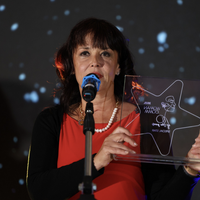
IPRA President Nataša Pavlović Bujas is made Woman.Comm PR Star and Special Star of the Year
-
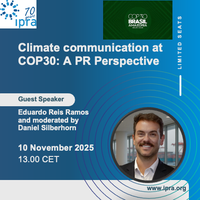
Invitation to an IPRA webinar on Climate communication at COP30: A PR Perspective
-
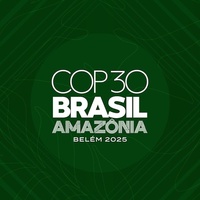
What role does climate change communication play in your work?
-
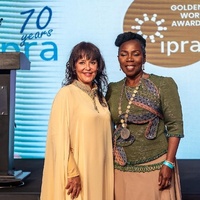
Message from the IPRA President: Welcoming Esther Cobbah as 2026 IPRA President Elect. October 2025


